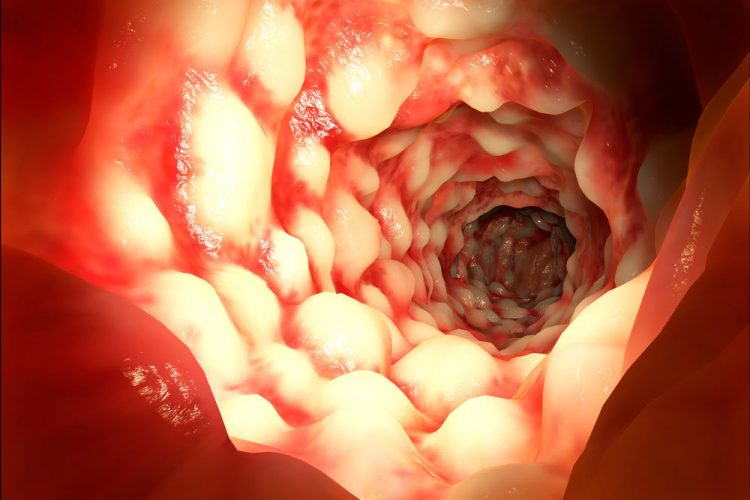Advancing the development of CTLA-4 inhibitors
Posted: 8 January 2024 | Drug Target Review | No comments yet
A new study could result in CTLA-4 inhibitors that promote antitumour responses without causing intestinal diseases, such as colitis.


Researchers from the University of Michigan and Takeda Pharmaceuticals have discovered a mechanism by which anti-CTLA-4 antibodies induce inflammatory toxicities during antitumour immune checkpoint inhibitor therapies. These findings may advance the development of next-generation CTLA-4 inhibitors that promote antitumour responses without triggering intestinal disease.
Cancer immunotherapies with immune checkpoint inhibitors are extensively used to promote antitumor immune responses in a variety of human cancers. However, they can lead to inflammatory toxicities known as immune-related adverse events (irAEs).
Colitis, the chronic intestinal disease characterised by inflammation of the colon’s inner lining, is a severe irAE. This can result in treatment discontinuation, especially in patients treated with antibodies targeting the checkpoint inhibitor protein CTLA-4.
Biomarkers are redefining how precision therapies are discovered, validated and delivered.
This exclusive expert-led report reveals how leading teams are using biomarker science to drive faster insights, cleaner data and more targeted treatments – from discovery to diagnostics.
Inside the report:
- How leading organisations are reshaping strategy with biomarker-led approaches
- Better tools for real-time decision-making – turning complex data into faster insights
- Global standardisation and assay sensitivity – what it takes to scale across networks
Discover how biomarker science is addressing the biggest hurdles in drug discovery, translational research and precision medicine – access your free copy today
Microbiota-reactive T cells trigger colitis in mice harbouring the microbiota of wild-caught mice following CTLA-4 blockade. Conventionally raised laboratory mice are highly resistant to intestinal inflammation after treatment with antibodies targeting immune checkpoints, so the immunological mechanisms and role of the gut microbiota underlying immune checkpoint blockade (ICB)-induced colitis in patients are not fully understood.
In the new study, Dr Bernard Lo, from the Department of Pathology and Rogel Cancer Center at the University of Michigan, and his colleagues, investigated whether mice harbouring a referenced gut microbiota originally derived from wild-caught mice (wild mouse microbiome-reconstituted or WildR mice) would be an improved model system for ICB-induced colitis.
Unlike conventionally raised specific pathogen-free mice, the authors found that WildR mice develop robust colitis after treatment with anti-CTLA-4 antibodies. Also, they saw that the inflamed tissues in these mice displayed multiple hallmark features of clinical ICB-associated colitis.
The results demonstrate that CTLA-4 blockade-induced colitis in mice is dependent on gut microbiota composition and that it is driven by unrestrained activation of a subset of the regulatory T cells in the gut by receptors recognising the Fc domain of the anti-CTLA-4 antibodies used in CTLA-4 ICB therapies.
The authors showed that anti-CTLA-4 nanobodies lacking the Fc domain can promote antitumor responses without inducing colitis, which could offer a strategy for mitigating gut IrAEs while preserving the antitumor effects of CTLA-4 blockade therapies.
The study was published in Science.
Related topics
Antibodies, Cancer research, Immunotherapy, Microbiome, T cells
Related conditions
Cancer, Cancer Research, Colitis
Related organisations
Michigan University, Takeda Pharmaceuticals
Related people
Dr Bernard Lo (University of Michigan)








